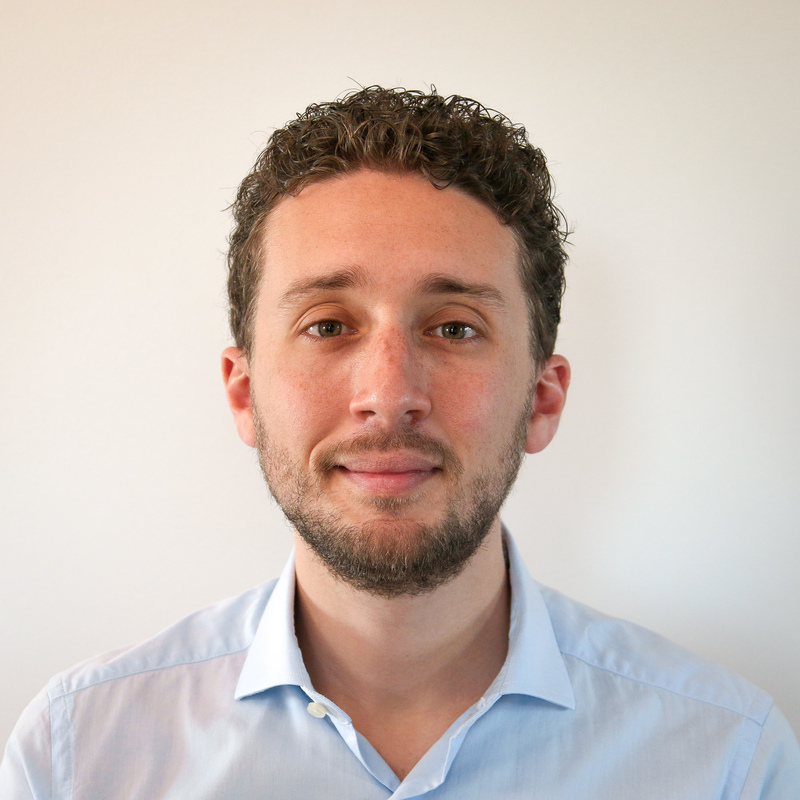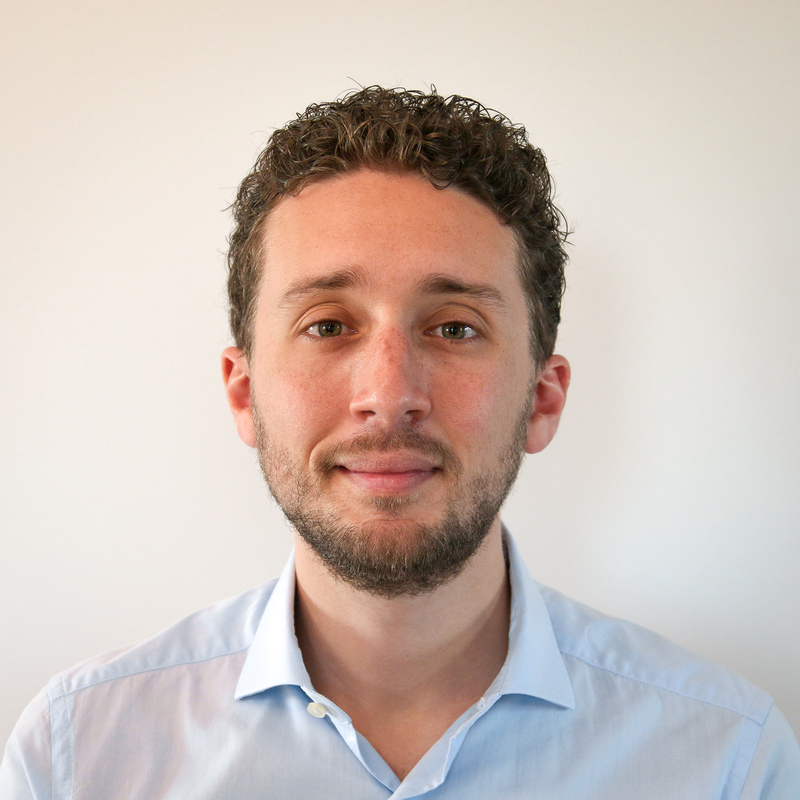Marco Landi, HR Director at Sella: 'The working environment is already hybrid and focused on trust and relationships''

Sella has been applying remote working for four years, involving 70% of its people. Revolutions become even more meaningful when they capitalize on results achieved in continuity with the past

"All over the world, we are facing a historical phase bound to new unprecedented hybrid work dynamics never experienced in the past. The health emergency represented a watershed between a before and an after. At Sella, however, for four years now, we have been following an innovative path to integrate remote work with office work, which involved 70% of our workforce. Revolutions become even more meaningful when they capitalize on results achieved in continuity with the past". So Marco Landi (pictured), HR Director at Sella, describes these new ways and workplaces. Already in 2018, there were almost 700 remote workers in the company, which increased to over 1,000 with a fourfold number of remote days in 2019. That is the first generation of remote workers, fated to become a much greater category worldwide. Meanwhile, these days, Sella has finalized two cutting-edge agreements. An experimental one to extend the number of agile working days i. e. remote working, also told by Sole 24 Ore and the renewal of supplementary company contracts. "The signing of these 2 contracts is that of two representative innovation models which caused our definition as pioneers in the sector," says Landi.
"We are facing new hybrid work dynamics, in which a model has evolved from an episodic phenomenon to a structured one. Remote working allows the manager to customize the relationship with the partner to reshape the scope. It is a relationship issue."
Remote working in the hybrid world. The Agile Work Agreement provides for thirteen days of agile work per month, on an annual basis, which may increase to a maximum of fifteen days for fragile categories, family caregivers and employees with residence or domicile far from the workplace. It is an extensive voluntary agreement meeting the needs of people, starting from what was already in store before the pandemic. That's why it's an improvement process. On the other hand, we are facing new hybrid work dynamics with a model that has evolved from an episodic phenomenon to a structured one. When we implemented full remote working during the pandemic, we saw that we continued to perform well. Now, as we are going back to working together, we will not lose what we have already achieved", says Landi, for whom this type of organizational change demonstrates the essential element of trust.
Because we evolved from a concept belonging to the twentieth-century culture of organizations, namely: "if I don't have an eye on you, you will not work¿, to time management related to achieving shared goals. "The old model strictly based on control is now outdated. Today this way of working allows the manager to customize the relationship with the co-operator, thus redesigning its scope.
It is no longer a matter of agreement but of the report. And that is why we have always walked this path with the trade unions, reaching with them a synthesis with mutual satisfaction", says Landi.
"Over time, HR policies will be increasingly bound to welfare, including at work, and will evolve towards a logic of customization of needs".
Learning to work in the hybrid world. Getting ready for this hybrid context is crucial as the business becomes distributed everywhere, connected, and reticular. "It is a path that, due to the acceleration marked by the pandemic emergency, has necessarily started from practice rather than theory. If we were, initially, thinking of a transitional period, we are now aware that all this will remain. This also explains the investments in terms of training and technological tools. Somehow it's important to learn how to work in these new hybrid contexts. On-the-job training supports managers in managing teams. We need to receive training on how to manage the new relationships based on accountability. A passage of the agreement enhances good practices, that is, the etiquette of remote working. Because it is undeniable that all companies risk a loss of identity and belonging, "says Landi. In Sella, the agreement also provides for a further remote working extension depending on the specific contexts involving fragile categories, caregivers or colleagues with residence or domicile far from their workplace. "Remote working, by definition, cannot be extended to everyone as each job has its dynamics. For example, many people working at our network of branches carry out tasks for which this model is not applicable. However, what is crucial to understand relates to the approach, which is transversal to the various jobs. Therefore to the means of conciliation: we have decided to pay attention to those who cannot adopt this agile work model Future staff policies will be increasingly tied to the welfare of employees, including at work, and will evolve towards a logic of customizing their needs", Landi specifies.
The new widespread leadership. At Sella, in addition to signing the remote working agreement, renewal of supplementary contracts also took place. Among the various innovations: there is the introduction of a new paid leave day for volunteering activities. "For these agreements, innovation is not only about reinforcing traditional rules already in place but the extension of paid leaves to meet the logic of reconciliation of professional and personal life and attention to the family. These new dynamics bring out the need for shared leadership and an emerging entrepreneurial context that must embrace everyone. In our service- and innovation-oriented industry, people make the difference. Today, we are moving towards a sharing of targets to be achieved by breaking down the silos and with bottom-up integrative models and proposals. We are also aligning to the preferences of the new generations entering the labour world: work-life balance and attention to welfare issues. Today, contemporary entities take a stand with integrative welfare models, conveying the lowering of environmental impacts, and working for the constant attraction of talents by focusing on responsibility and sociality. It is clear that the world of labour is no longer what it used to be, "Landi concludes.
